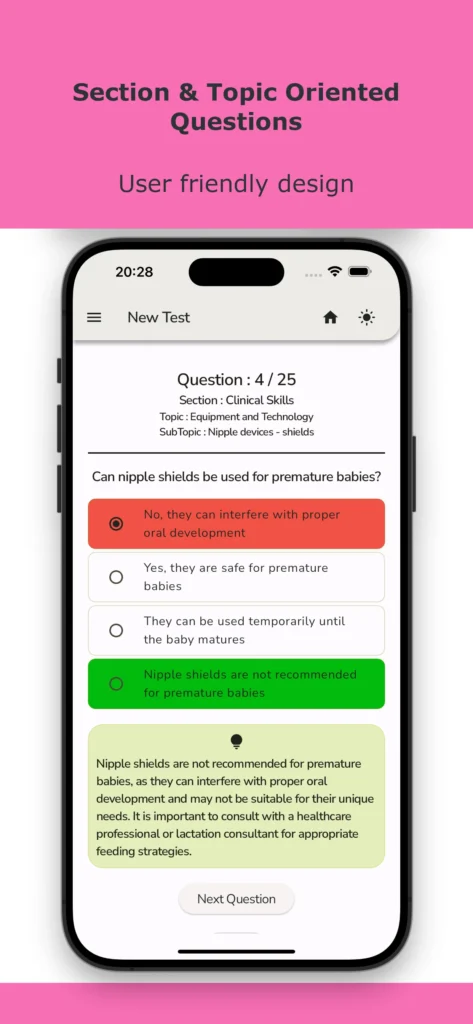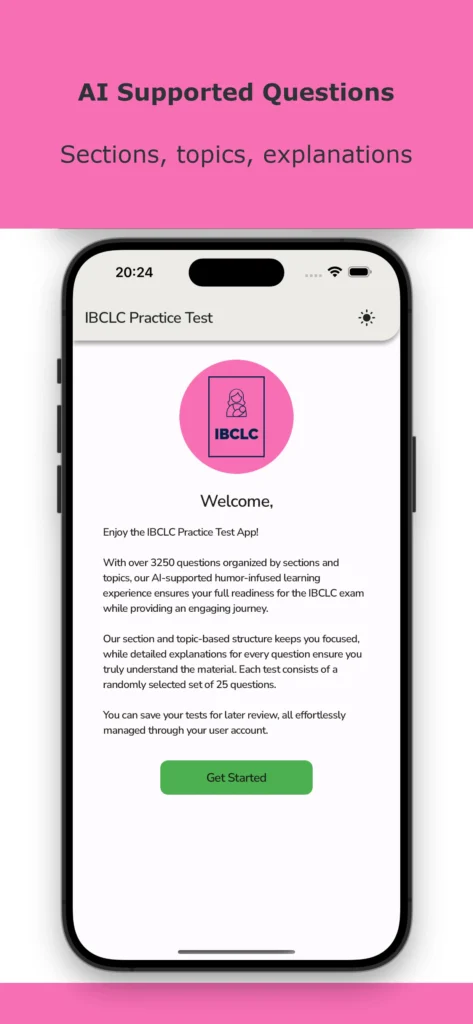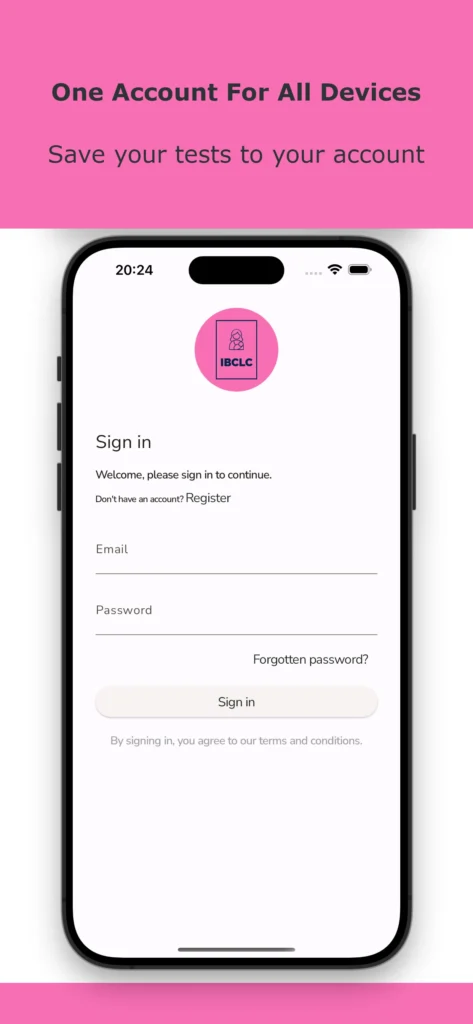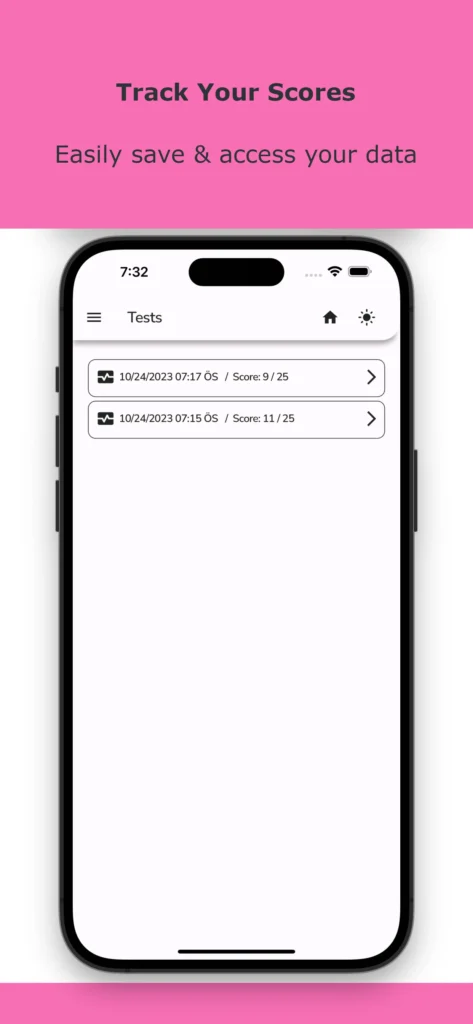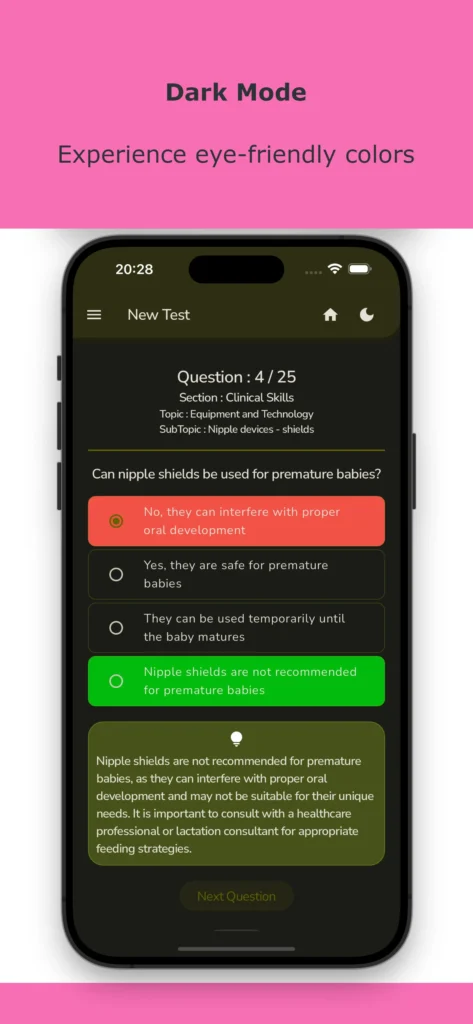Introduction
Welcome to our comprehensive guide on the role of International Board Certified Lactation Consultants (IBCLCs) in diagnosing tongue tie. In this article, we will explore the question: Can an IBCLC diagnose tongue tie? We will also discuss the limitations and scope of practice for IBCLCs in relation to tongue tie diagnosis.
Tongue tie, or ankyloglossia, is a condition where the lingual frenulum, the band of tissue that connects the tongue to the floor of the mouth, is tight or restrictive. This can affect a baby’s ability to breastfeed effectively and can lead to various breastfeeding challenges for both the baby and the mother.
IBCLCs are healthcare professionals who specialize in providing lactation support and guidance to breastfeeding families. They play a crucial role in helping mothers establish and maintain successful breastfeeding relationships with their babies. While IBCLCs are highly knowledgeable about breastfeeding and lactation, their scope of practice in diagnosing tongue tie is limited.
Can an IBCLC diagnose tongue tie?
IBCLCs are not qualified to diagnose tongue tie independently. The diagnosis of tongue tie requires a comprehensive evaluation by a healthcare professional with expertise in oral anatomy and function, such as a pediatrician, otolaryngologist, or oral surgeon. These professionals have the necessary training and experience to assess the lingual frenulum and determine if it is causing breastfeeding difficulties.
However, IBCLCs can play a crucial role in identifying the signs and symptoms of tongue tie and referring families to the appropriate healthcare professionals for further evaluation and diagnosis. They are trained to recognize the common breastfeeding challenges associated with tongue tie, such as poor latch, nipple pain, and inadequate milk transfer.
Limitations of IBCLCs in tongue tie diagnosis
While IBCLCs are valuable members of the breastfeeding support team, it is important to understand their limitations in diagnosing tongue tie. IBCLCs do not have the authority to prescribe medication or perform surgical procedures. Their role is primarily focused on providing education, support, and guidance to families experiencing breastfeeding difficulties.
It is crucial for families to seek a comprehensive evaluation from a healthcare professional with expertise in tongue tie diagnosis before pursuing any interventions or treatments. This ensures that the appropriate course of action is taken based on an accurate diagnosis.
In conclusion, while IBCLCs are knowledgeable about breastfeeding and can recognize the signs and symptoms of tongue tie, they are not qualified to diagnose tongue tie independently. Families should consult with healthcare professionals with expertise in tongue tie diagnosis for a comprehensive evaluation and appropriate management.
Understanding Tongue Tie
Tongue tie, also known as ankyloglossia, is a condition that affects the movement of the tongue due to a tight or short frenulum, the tissue that connects the tongue to the floor of the mouth. This condition can impact breastfeeding, speech, and overall oral health. In this section, we will explore the role of International Board Certified Lactation Consultants (IBCLCs) in diagnosing tongue tie.
IBCLCs are healthcare professionals who specialize in lactation and breastfeeding support. While they are not medical doctors, they play a crucial role in helping parents and infants overcome breastfeeding challenges. IBCLCs are trained to assess and support breastfeeding, and they can provide valuable insights and guidance to families.
However, it’s important to note that IBCLCs are not qualified to diagnose medical conditions, including tongue tie. Diagnosing tongue tie requires a comprehensive evaluation by a healthcare professional with expertise in oral anatomy and function, such as a pediatrician, otolaryngologist, or a dentist specializing in tongue tie.
IBCLCs can play a vital role in identifying potential signs and symptoms of tongue tie during breastfeeding consultations. They can observe the baby’s latch, feeding patterns, and oral movements to assess for any difficulties that may be associated with tongue tie. If they suspect tongue tie, they can refer the family to a qualified healthcare professional for further evaluation and diagnosis.
It’s important to remember that tongue tie is a complex condition, and its diagnosis and treatment require a multidisciplinary approach. In addition to the assessment by a healthcare professional, a lactation consultant can provide support and guidance throughout the breastfeeding journey.
While IBCLCs cannot diagnose tongue tie, they can provide valuable support and resources to families who are navigating the challenges associated with this condition. They can help parents find qualified healthcare professionals who can provide an accurate diagnosis and recommend appropriate treatment options.
In conclusion, IBCLCs are an essential part of the healthcare team when it comes to breastfeeding support. While they cannot diagnose tongue tie, they can play a crucial role in identifying potential signs and symptoms and referring families to the appropriate healthcare professionals for further evaluation and treatment. If you suspect that your baby may have tongue tie, it’s important to consult with a qualified healthcare professional for an accurate diagnosis and personalized treatment plan.
The Role of IBCLCs in Tongue Tie Diagnosis
What is an IBCLC?
An International Board Certified Lactation Consultant (IBCLC) is a healthcare professional who specializes in providing support and guidance to breastfeeding families. They have extensive training and experience in lactation management and are considered experts in the field.
Can an IBCLC Diagnose Tongue Tie?
While an IBCLC is not able to provide a formal medical diagnosis of tongue tie, they play a crucial role in identifying and assessing the condition. IBCLCs are trained to recognize the signs and symptoms of tongue tie and can refer families to the appropriate healthcare professionals for further evaluation and diagnosis.
The IBCLC’s Role in Tongue Tie Assessment
IBCLCs are skilled in conducting a thorough oral examination of the breastfeeding baby to assess for tongue tie. They look for specific indicators such as restricted tongue movement, difficulty latching, poor weight gain, and maternal nipple pain. Based on their assessment, IBCLCs can provide valuable insights and recommendations to support breastfeeding families.
Collaboration with Healthcare Professionals
IBCLCs work closely with other healthcare professionals, such as pediatricians, ENTs (Ear, Nose, and Throat specialists), and lactation physicians, to ensure comprehensive care for families dealing with tongue tie. They collaborate in the diagnosis and treatment planning process, providing valuable input based on their expertise in breastfeeding management.
Can an IBCLC Prescribe Medication?
No, an IBCLC cannot prescribe medication. However, they can provide evidence-based information and support regarding medication options that may be recommended by a healthcare professional. IBCLCs are knowledgeable about the potential impact of medications on breastfeeding and can help families make informed decisions.
Conclusion
While an IBCLC cannot diagnose tongue tie, their role in identifying and assessing the condition is invaluable. They work collaboratively with healthcare professionals to ensure comprehensive care for breastfeeding families. If you suspect your baby may have tongue tie, consulting with an IBCLC can provide you with guidance and support on your breastfeeding journey.
Can an IBCLC Prescribe Medication for Tongue Tie?
While an International Board Certified Lactation Consultant (IBCLC) plays a crucial role in supporting breastfeeding mothers and infants, they do not have the authority to prescribe medication for tongue tie. The primary focus of an IBCLC is to provide lactation support and guidance to ensure successful breastfeeding. However, they can play a vital role in identifying and referring tongue tie cases to the appropriate healthcare professionals.
Tongue tie, also known as ankyloglossia, is a condition where the lingual frenulum, the tissue that connects the tongue to the floor of the mouth, is tight or restrictive. This can affect an infant’s ability to breastfeed effectively, leading to difficulties in latching, inadequate milk transfer, and maternal nipple pain.
When a mother seeks help from an IBCLC, they will assess the breastfeeding relationship between the mother and baby. They will observe the baby’s latch, feeding patterns, and the mother’s comfort level during breastfeeding. If the IBCLC suspects tongue tie as a possible cause of breastfeeding difficulties, they will refer the mother and baby to a healthcare professional who has the authority to diagnose and treat tongue tie.
It is important to note that diagnosing tongue tie requires a comprehensive evaluation by a healthcare professional with expertise in oral anatomy and function. This may include pediatricians, otolaryngologists (ear, nose, and throat specialists), or dentists who specialize in tongue tie diagnosis and treatment.
Once a tongue tie diagnosis is confirmed, the healthcare professional will determine the most appropriate course of action. This may involve a range of interventions, including a frenotomy or frenuloplasty, which are surgical procedures to release the tight or restrictive lingual frenulum. In some cases, medication may be prescribed to manage pain or prevent infection after the procedure.
While an IBCLC cannot prescribe medication for tongue tie, their role in the breastfeeding journey is invaluable. They provide essential support, education, and guidance to help mothers and infants overcome breastfeeding challenges. By working collaboratively with healthcare professionals, including those who can diagnose and treat tongue tie, IBCLCs contribute to the overall well-being and success of breastfeeding families.
In conclusion, an IBCLC cannot prescribe medication for tongue tie. Their primary role is to provide lactation support and guidance. However, they play a crucial role in identifying and referring tongue tie cases to the appropriate healthcare professionals who can diagnose and treat the condition effectively.
Key Takeaways
Can an IBCLC Diagnose Tongue Tie?
An International Board Certified Lactation Consultant (IBCLC) is a healthcare professional who specializes in providing support and guidance to breastfeeding mothers and infants. While IBCLCs play a crucial role in assisting with breastfeeding challenges, it’s important to note that they are not qualified to diagnose tongue tie.
The Role of IBCLCs in Tongue Tie Diagnosis
IBCLCs are trained to recognize the signs and symptoms of tongue tie, which can include difficulties with latching, poor weight gain, and maternal nipple pain. However, their role is to refer the mother and infant to a qualified healthcare provider, such as a pediatrician or an otolaryngologist, for an official diagnosis.
Collaboration with Healthcare Providers
IBCLCs work closely with healthcare providers to ensure that mothers and infants receive the appropriate care. They collaborate with pediatricians, otolaryngologists, and other specialists to facilitate the diagnosis and treatment of tongue tie. This multidisciplinary approach ensures that the mother and infant receive comprehensive care and support.
Can IBCLCs Prescribe Medication?
IBCLCs are not authorized to prescribe medication. Their primary focus is on providing education, support, and guidance to breastfeeding mothers. If medication is deemed necessary as part of the treatment plan for tongue tie, it will be prescribed by a qualified healthcare provider.
Expertise and Trustworthiness
When seeking assistance with breastfeeding challenges, it is important to consult with qualified professionals who have the necessary expertise and experience. IBCLCs undergo extensive training and certification to ensure that they can provide evidence-based support and guidance. By working collaboratively with healthcare providers, IBCLCs contribute to the overall care and well-being of breastfeeding mothers and infants.
Conclusion
While IBCLCs are an invaluable resource for breastfeeding support, they are not qualified to diagnose tongue tie. Their role is to recognize the signs and symptoms and refer the mother and infant to a qualified healthcare provider for an official diagnosis. By working collaboratively with healthcare providers, IBCLCs ensure that mothers and infants receive the comprehensive care they need. It is important to consult with qualified professionals who have the necessary expertise and experience when seeking assistance with breastfeeding challenges.
Conclusion
In conclusion, while IBCLCs play a crucial role in supporting breastfeeding mothers and infants, they are not qualified to diagnose tongue tie. The diagnosis of tongue tie requires a comprehensive evaluation by a healthcare professional, such as a pediatrician, otolaryngologist, or a dentist with expertise in tongue tie diagnosis and treatment.
IBCLCs are trained to provide lactation support and counseling, helping mothers and infants overcome breastfeeding challenges. They can assess latch and positioning, provide guidance on breastfeeding techniques, and offer support for common breastfeeding issues. However, their scope of practice does not include diagnosing anatomical conditions like tongue tie.
It is important for parents who suspect their child may have tongue tie to consult with a healthcare professional who has the necessary expertise in diagnosing and treating this condition. This ensures that the appropriate evaluation and treatment can be provided to address any potential breastfeeding difficulties or other related concerns.
While IBCLCs cannot prescribe medication, they can work collaboratively with healthcare professionals to provide holistic care for breastfeeding mothers and infants. They can communicate with the healthcare team, provide valuable insights about breastfeeding challenges, and support the implementation of treatment plans.
In summary, IBCLCs are an invaluable resource for breastfeeding support, but they are not qualified to diagnose tongue tie. Parents should seek the expertise of healthcare professionals who specialize in tongue tie diagnosis and treatment to ensure the best care for their child’s breastfeeding journey.




